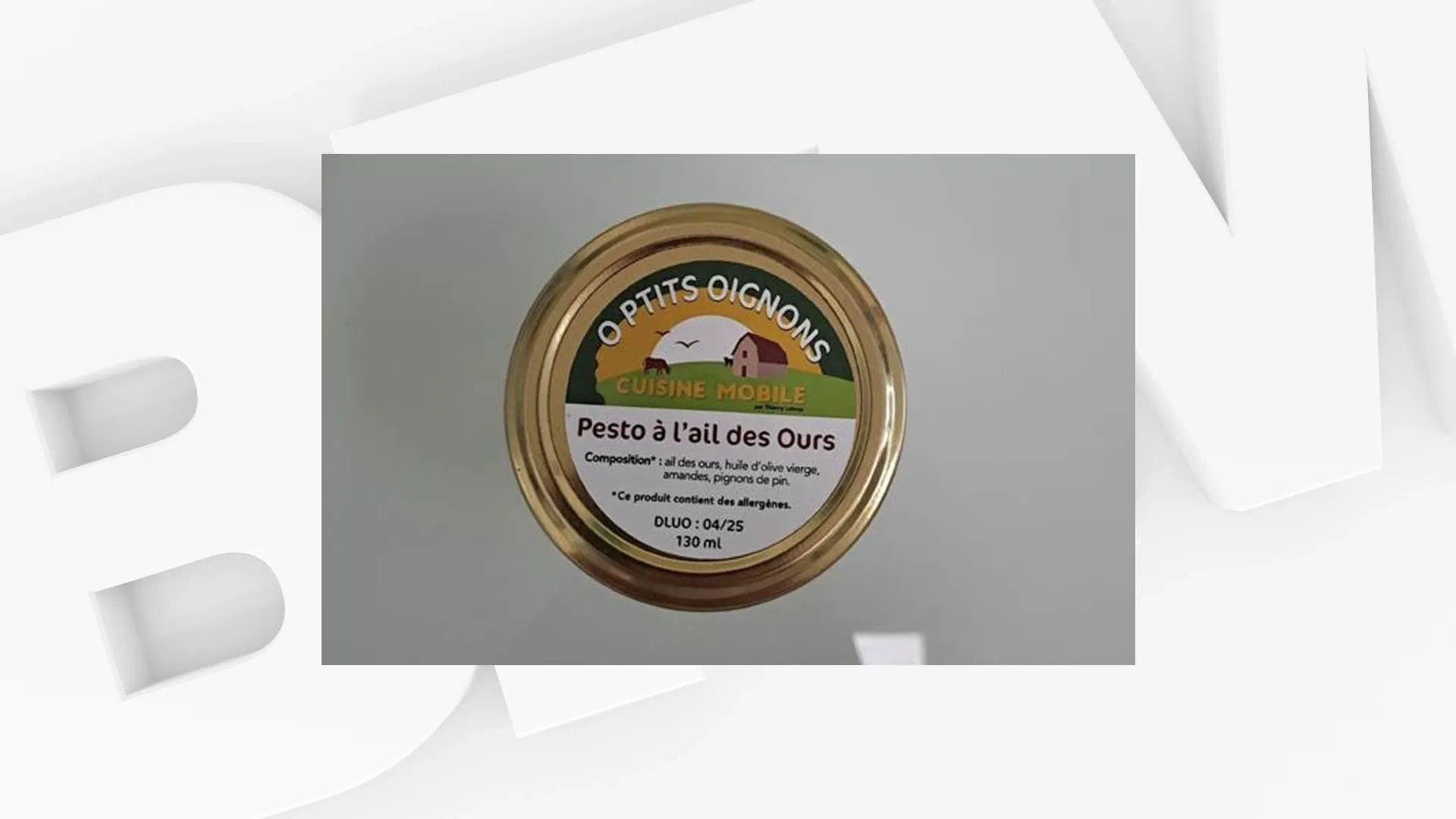Botulisme France: Cases of Foodborne Illness Linked to Homemade Preserves

Botulisme France: An Urgent Health Crisis
On September 9, five people showing symptoms suggestive of botulisme were hospitalized in intensive care after eating artisan-made canned food. This alarming situation has drawn the attention of the regional health agency (ARS) of the Centre-Val-de-Loire.
Details of the Incident
- All cases shared a dinner, consuming a particular product: artisan 'Pesto à l'ail des ours'.
- The general directorate of health (DGS) revealed concerning findings related to the lack of control over the sterilization process of these preserves.
- Authorities suspect a case of foodborne botulisme that could lead to cranial nerve impairment, possibly progressing to descending paralysis.
Prevention Measures and Recommendations
Botulisme can develop within a few hours to days, depending on the contamination method, making the situations increasingly perilous. There is a possibility of additional cases arising shortly, as indicated by the DGS.
- The canned goods were sold at various events in Indre-et-Loire under the brand ‘Ô petits oignons’.
- Food samples have been collected for biological testing at the CNR for anaerobic bacteria and botulisme at the Pasteur Institute in Paris.
- Individuals who may have consumed these products are urged to consult a doctor if they experience vision disturbances, swallowing difficulties, dry mouth, or speech issues.
The ministries of health and agriculture have also advised anyone possessing these products to discard them immediately without opening.
This article was prepared using information from open sources in accordance with the principles of Ethical Policy. The editorial team is not responsible for absolute accuracy, as it relies on data from the sources referenced.